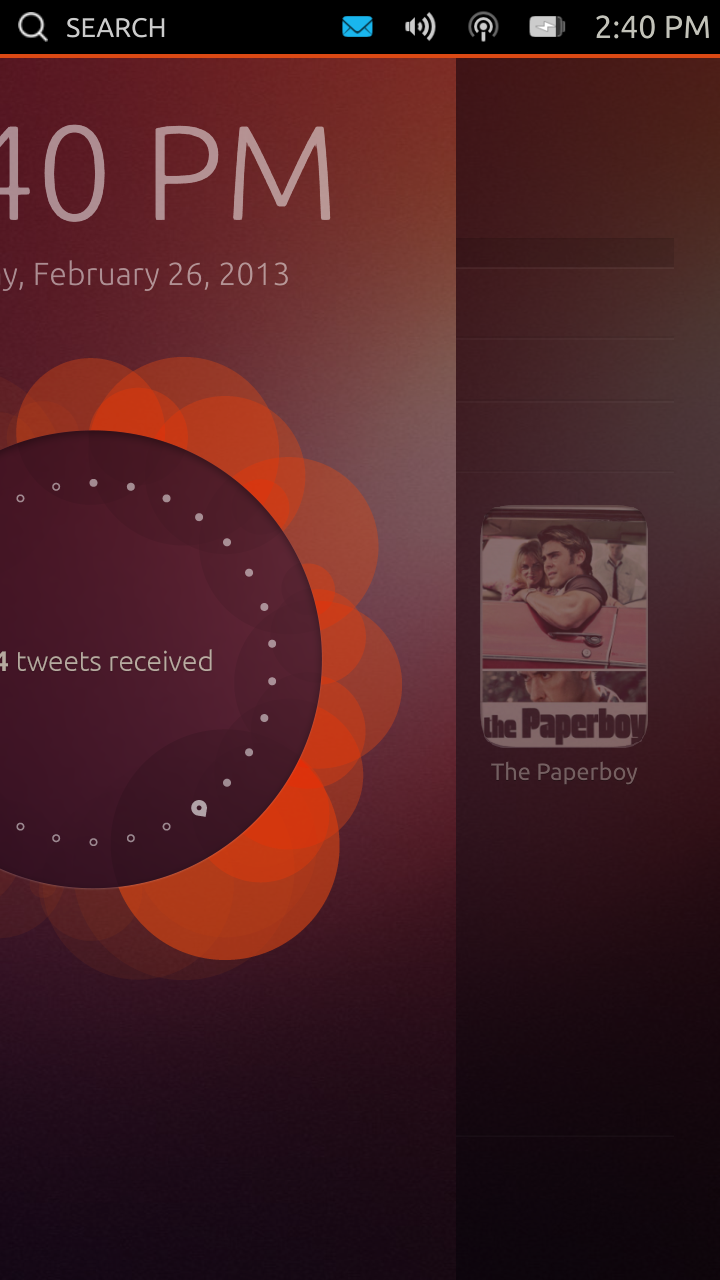
Ubuntu Touch -- interesting concept that needs work [preview]
The concept of Canonical taking a stab at the mobile market eludes me. Unless we want to split hairs, which I know will happen, Android already is the Linux ambassador across the globe, so why would the world need Ubuntu Touch? Furthermore, any new player starts out with a clean slate, which means many consumers will be skeptical at purchasing devices running the new operating system and therefore developer interest does not surpass a low threshold.
The PC market is not what it used to be a couple of years ago when people rushed out to buy new computers, rather than tablets or smartphones first. In some ways Canonical right now is Microsoft before Windows Phone and Windows 8 -- an important player further heading into obscurity down the road unless the boat steers in the right direction. Ubuntu Touch is supposed to give the world a breath of fresh air, the X factor that would sway enough people into switching from Android, iOS, Windows Phone or a feature phone, even.
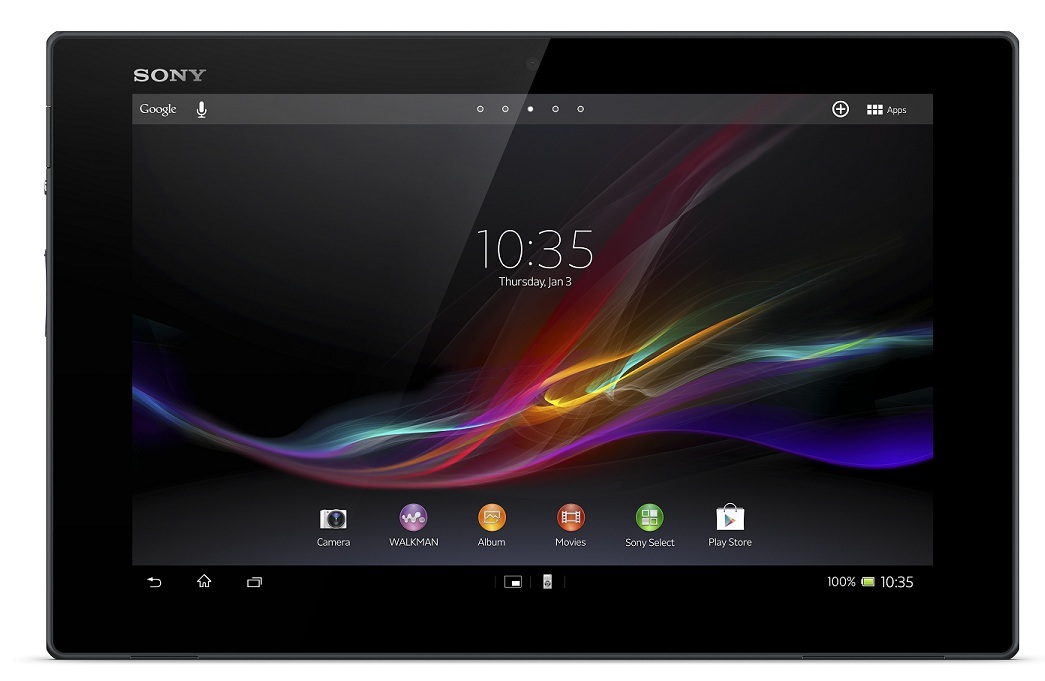
Sony ships waterproof Xperia Tablet Z
Well, somebody finally announces something that's actually shipping. One of Mobile World Congress' worst traditions is the unveiling of new products not available for months. Today, Sony stepped out from the ranks with the ultrathin, waterproof, Xperia Tablet Z, which goes on sale March 1. That's right, this week! Damn, if only my local Sony store wasn't closed for renovations (until April).
The 10.1-inch tablet stands apart from many of this week's MWC 2013 announcements. Many of the new devices are down-market, offering lower-performance for less money, targeting economy shoppers in mature or emerging locales. By contrast, Xperia Tablet Z packs premium features at premium price.
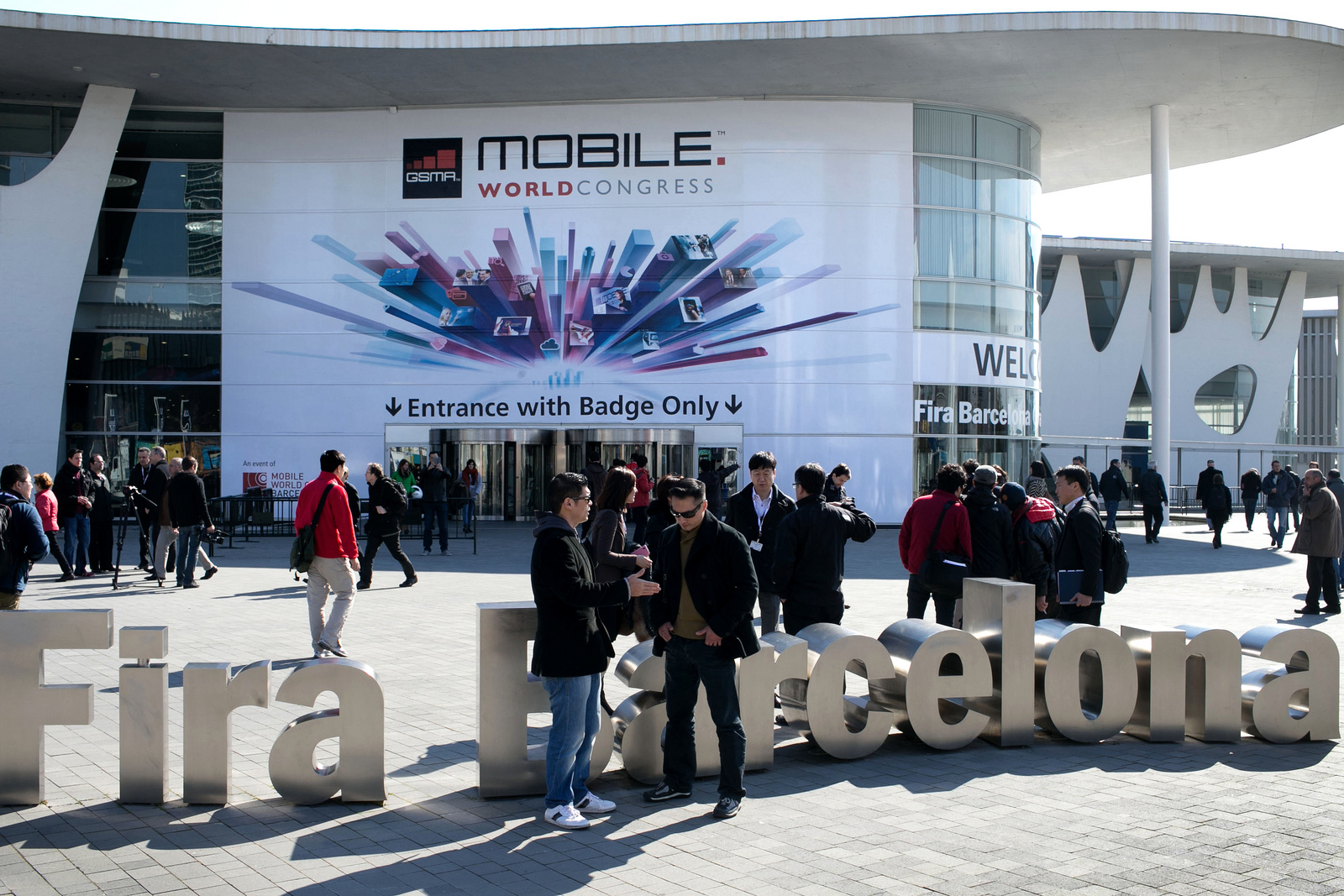
Could Mobile World Congress 2013 be any more boring?
I'm not loving this year's big phone trade show. The news coming out of Barcelona is about as doldrums as the Spanish economy. Generally, the big stuff drops Day 0 and Day 1 at Mobile World Congress. They're done, and so far the product announcements are generally less than last year. The phone launch seemingly everyone waits for, Samsung Galaxy IV, comes in March. That's big commentary on what's missing from MWC 2013.
So far, I would call most new gear as the race to the bottom -- same concepts as the last couple of years, only offering less, selling for less and marketed to less-developed smartphone or tablet markets.
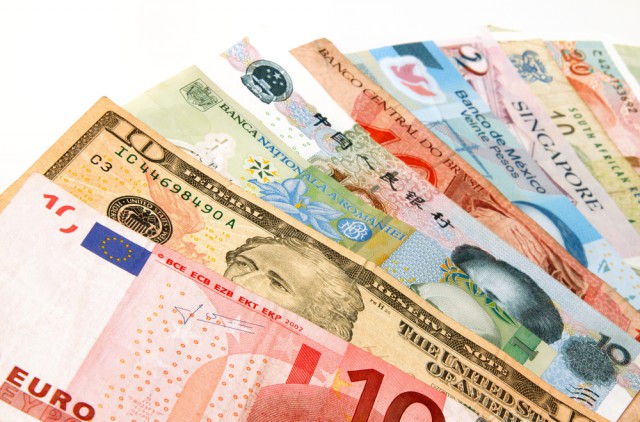
IT spending shifts from PCs to cloud, smartphones and tablets
Cue the violins. IDC says that the cloud, smartphone and tablet are reshaping IT spending, using the word personal computing defenders despise: "Cannibalization". There's a reason I dismiss the post-PC moniker for cloud-connected device era.
"Cannibalization is happening across the industry" Stephen Minton, IDC vice president, says. "Smartphones have taken over from feature phones, tablet adoption is impacting PC spending, and the cloud is affecting the traditional software, services and infrastructure markets". And you people wonder why Google would make in Chromebook Pixel a high-end cloud computer. It's the future, baby.
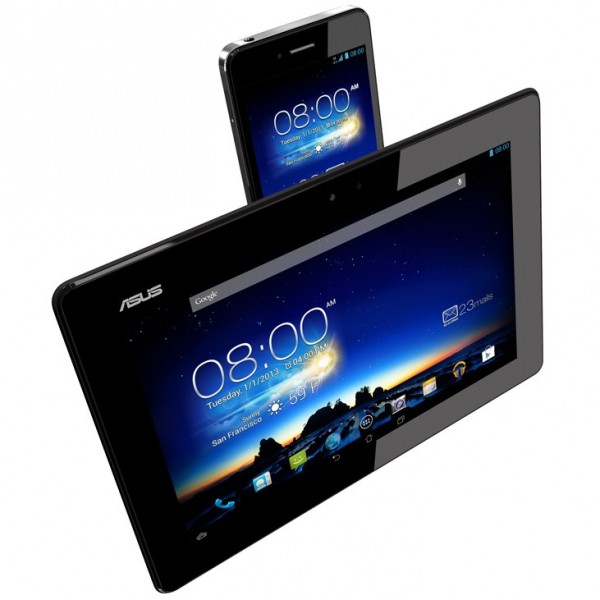
ASUS unveils Fonepad and PadFone Infinity Android tablets
Today the festivities at Mobile World Congress in Barcelona, Spain kicked off. Nokia announced the new Lumia 520 and Lumia 720 Windows Phone 8 devices aimed at the entry-level and mid-range smartphone market and earlier ASUS unveiled two Android tablets dubbed Fonepad and PadFone Infinity.
The Fonepad is a 7-inch tablet that features built-in 3G support for cellular voice and data. The device sports a 7-inch 10-point multitouch IPS display with a resolution of 1280 by 800 and at a first glance it's quite similar to the Nexus 7, which is also manufactured by ASUS, bar the phone functionality.
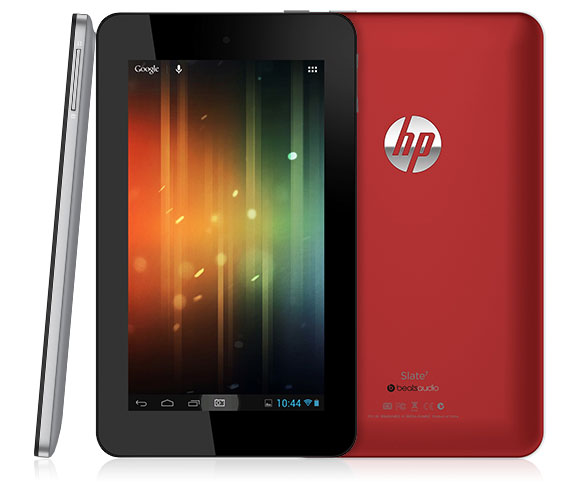
HP's budget Android takes on Amazon and Google tablets
The death knell for WebOS has sounded. HP promised a lot when purchasing the Palm mobile operating system back in 2010, only to abandon ship. The company is among Google's newest and most-important partners. Earlier this month, HP unveiled its first Chromebook, which is followed by its first Android tablet, the Slate 7.
Despite the fact that Mobile World Congress does not technically start until tomorrow, the big announcements have already been rolling out from Barcelona, Spain. HP, not to be left out, unveiled its new seven-inch Android tablet, clearly designed to go head-to-head with Amazon Kindle Fire HD and Google Nexus 7.
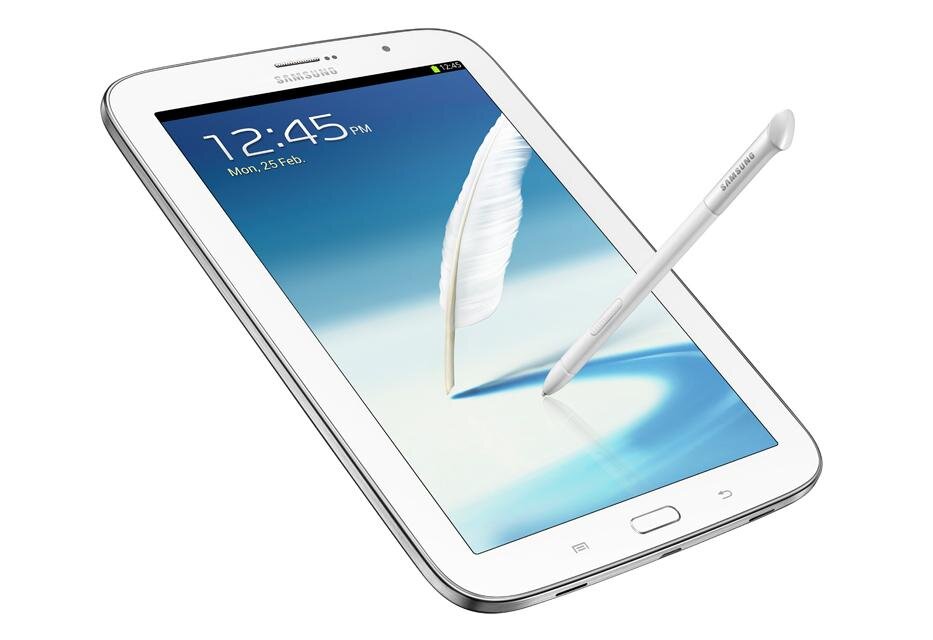
Move over iPad mini, Samsung unveils Galaxy Note 8.0
Late February means another Mobile World Congress, and the rush to make big, splashy product announcements before the show starts. Samsung jumped in early today, by announcing an 8-inch tablet with stylus -- Galaxy Note 8.0. The slate is about the same size as Apple's iPad, with comparable screen resolution, but features the S Pen and supporting software. Why just touch and type when you can draw, too?
Samsung's slate joins the Galaxy Note II smartphone and 10-inch tablet, with stylus being the compelling feature that market leader Apple doesn't offer on any iOS device. Like the recent update for its siblings, Galaxy Note 8.0 comes with a split-screen, multi-window function. The tablet runs Android 4.1.2 customized with TouchWiz UI.
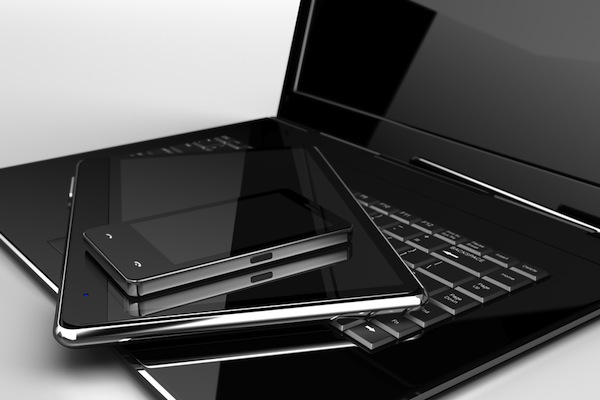
Apple nearly catches up to Samsung in smart-connected device shipments
Analysts wouldn't generate new business without something fresh to sell. So they create new categories to tabulate, or dream up strange labels to describe them. Few quarters back, IDC rolled up PCs, smartphones and tablets into the "smart-connected devices" segment. Four things counted separately became something new, which also give schmoes like me something else to write about.
Yesterday, while my heart nearly failed writing about Chromebook Pixel, IDC released numbers for the segment, claiming 28.3 percent growth for fourth quarter and 29.1 percent for all 2012. Samsung nudged ahead of Apple to top the category for the quarter, with slightly wider lead for the year. Considering that smartphones make up 60.1 percent of the segment, the top-five ranking makes sense: Lenovo, HP and Dell follow the leaders. The two bottom-feeders mostly sell PCs, which lost share year over year.
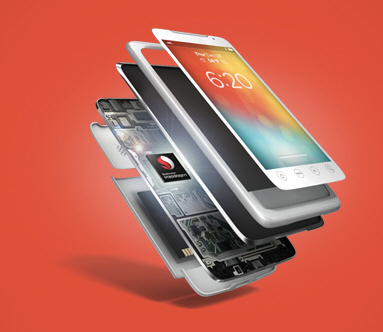
Qualcomm details the Snapdragon 200 and 400 processors for entry level and mid-range devices
After unveiling the Snapdragon 600 and Snapdragon 800 at CES 2013, American mobile giant Qualcomm has on Wednesday taken the wraps off two new processors. The Snapdragon 200 and Snapdragon 400 join the company's latest lineup for smartphones and tablets, targeting the low-end and mid-range mobile market.
The Snapdragon 400 is the mid-range mobile processor and, to some extent, resembles the now-traditional Snapdragon S4 found in a number of currently-available smartphones such as the HTC Windows Phone 8X, Nokia Lumia 920 or Samsung Galaxy S III (US variants). The Snapdragon 400 features dual-core Krait CPUs with speeds of up to 1.7GHz per core or quad-core ARM Cortex-A7 CPUs with speeds of up to 1.4GHz per core.
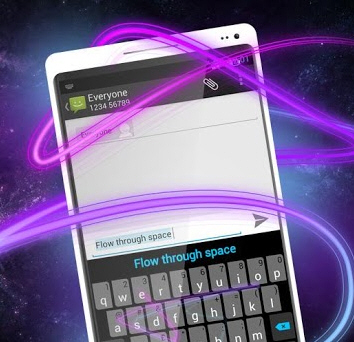
Meet SwiftKey 4 -- a top keyboard for Android
I have to be completely honest -- I am not a fan of the default Android keyboard. For people like me who write in languages other than English on a day-to-day basis, it misses the mark entirely, and does not adapt to my writing style either. Ever since I bought my Galaxy Nexus only one Android keyboard has lived up to my expectations -- SwiftKey. And now there's a new version, and it's even better than ever.
On Wednesday, after a couple beta versions, SwiftKey 4 made its way onto Google's Play Store in both smartphone and tablet form. The popular third-party keyboard introduces a plethora of new features, including support for swipe input through Flow and revamped predictions.
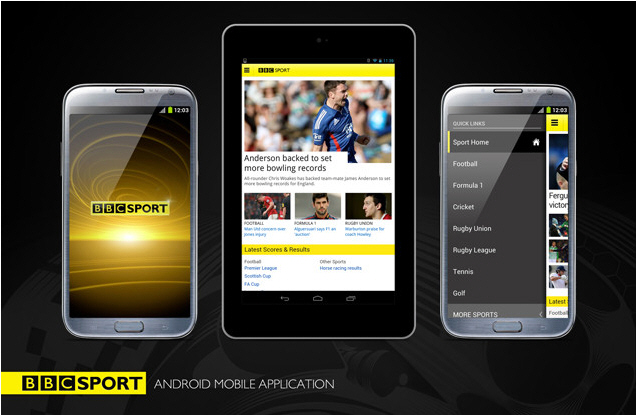
BBC Sport launches a dedicated Android app
When the BBC launched a dedicated sports app for iOS devices a month ago, it said it was working on an Android version and expected to release it in a matter of weeks. Well the good news for sport-loving Android owners is that day has finally arrived.
The new BBC Sport app is compatible with devices running Android 2.2 (Froyo) and above, and has been optimized for screens up to 7-inches so should display perfectly on devices such as Google’s Nexus 7.

Twenty-percent of dollars spent on consumer technology goes to Apple
No wonder Google wants to open retail stores and sell more gadgets. Apple's reach is enormous, which is as important for the brand as making mullah -- and there is a whole lot of that. According to NPD, the fruit-logo company accounted for 19.9 percent of all US retail consumer technology sales last year, up from 17.3 percent in 2011.
Samsung ranked second, accounting for 9.3 percent of sales, up 2 points year over year. HP (8.2 percent), Sony (4.4 percent) and Dell (3 percent) rounded out the top five.
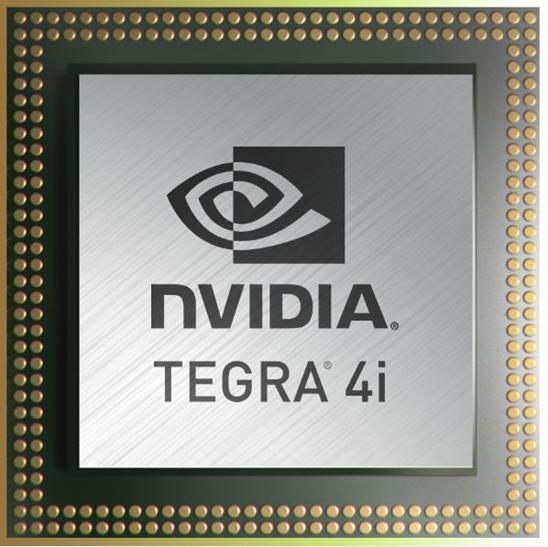
Nvidia unveils the Tegra 4i, with integrated 4G LTE processor
On Tuesday, Santa Clara, Calif.-based technology company Nvidia took the wraps off a new mobile processor part of its Tegra lineup, named Tegra 4i. The latest product comes with "fully integrated 4G LTE" connectivity, a first for Nvidia, and it is designed to fend off attack from similar solutions, like Qualcomm's newest Snapdragon lineup.
The new Tegra 4i sports 60 custom GPU cores and a 2.3GHz quad-core CPU that is based on the "newest and most efficient" ARM R4 Cortex-A9 architecture. The traditional Tegra battery-saver core is also present. The Tegra 4i, however, comes in slightly under the Tegra 4 processor unveiled at CES 2013 in Las Vegas, the latter of which features 12 more GPU cores and is based on the faster ARM Cortex-A15 architecture.
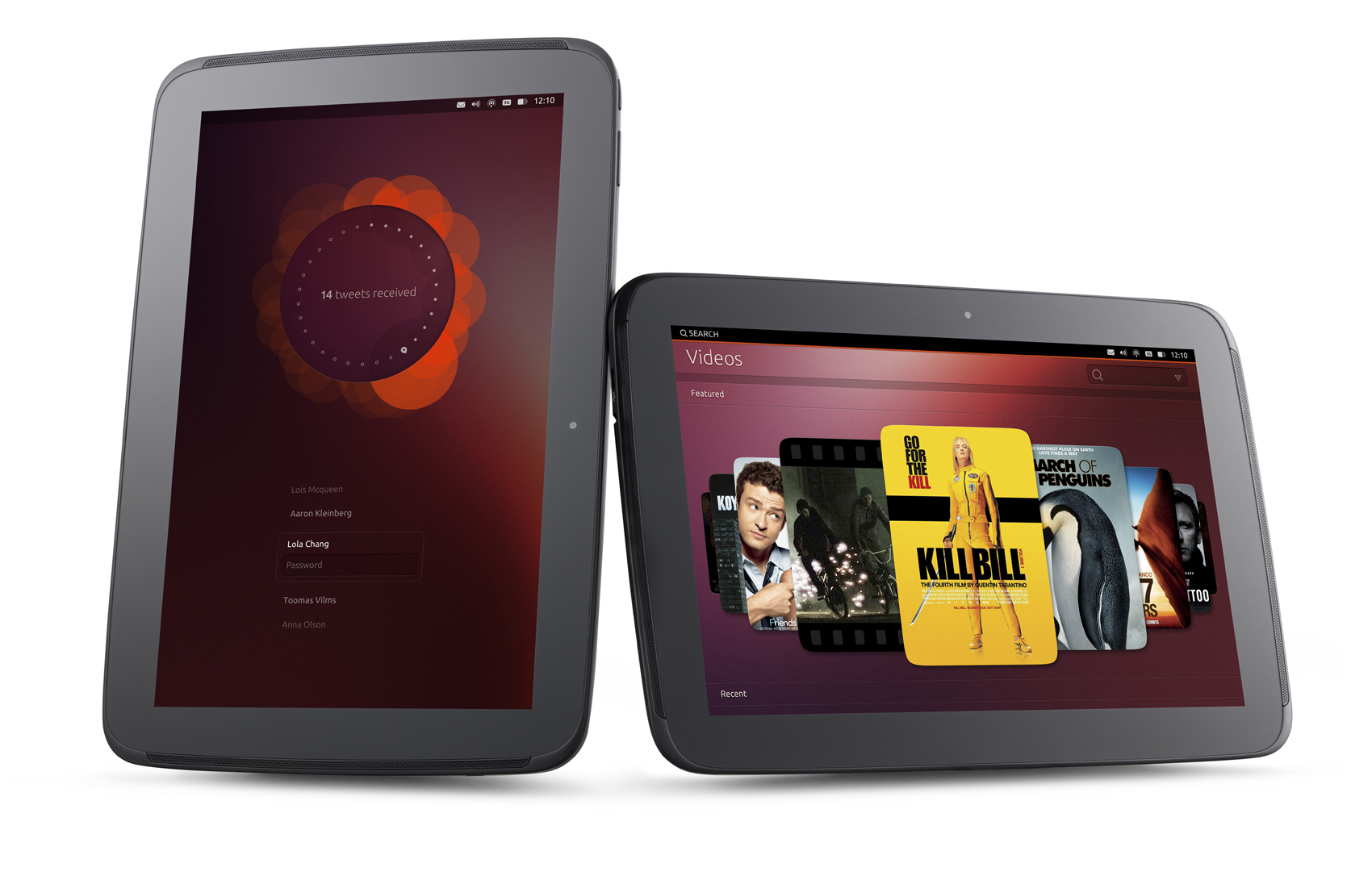
Ubuntu tablet challenges Android, BlackBerry, iOS and Windows
Developers looking for Ubuntu on smartphones will get a second treat on February 21. Today, Canonical revealed a build for tablets. Supported testing devices for both platforms: Galaxy Nexus, Nexus 4, Nexus 7 and Nexus 10. Ubuntu replaces Android, not runs alongside or dual-boots with it.
"Ubuntu tablet" supports multi-touch slates running dual-core ARM A9 processor with 1GB of RAM and 8GB storage. However, Canonical's ambitions are greater for commercially-shipping products: dual-core A15 processor and 2GB RAM for 7-to-10 inch tablets and quad-core A15 or x86 processor and 4GB of RAM for 10-to-12 inch slates. The specs reveal plans to compete with touch ultrabooks or tablet hybrids like Microsoft Surface Pro. The operating system supports up to 20-inch tablets. However, lower-end tablets will be a priority.
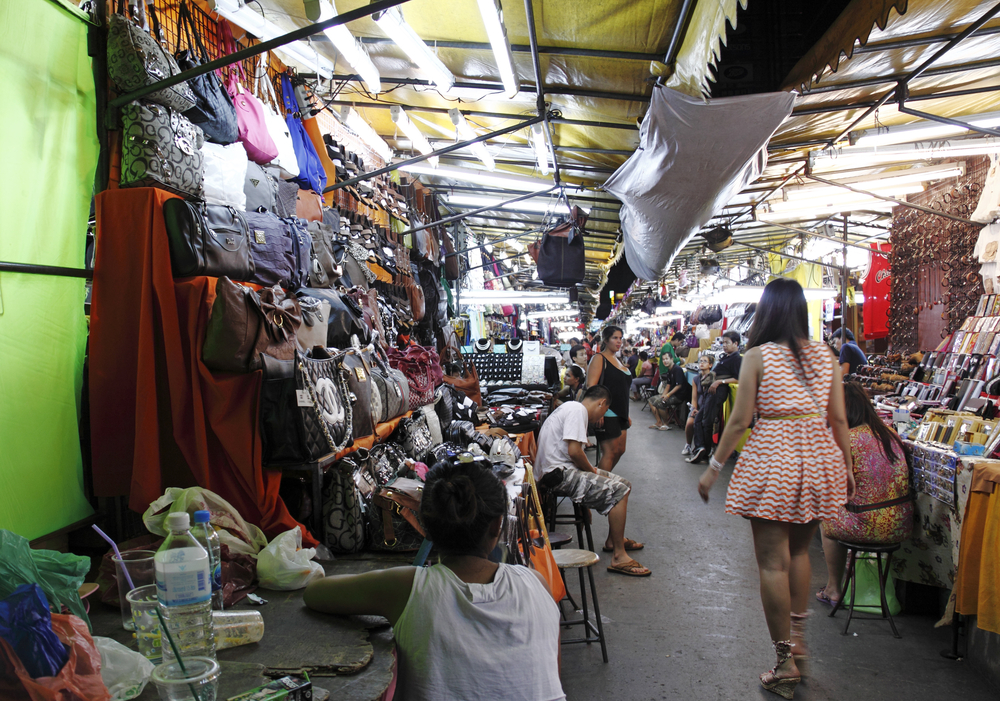
The Windows Store is like a Bangkok night market -- full of cheap knockoffs
When Windows 8 launched on October 26 2012, the Windows Store had an estimated 9,000 apps available to purchase or download. Today, according to the excellent MetroStore Scanner, that figure has risen to 43,083 worldwide, of which 28,904 are available in the US store, and 26,385 in the UK one.
The biggest problem with the Windows Store is not the overall number of apps -- in four months it’s seen reasonable growth although the number of new weekly additions has slowed -- the issue is more with quality. While there’s no shortage of third-party apps, many of which are very good, you can’t help but notice how many big names are absent.
